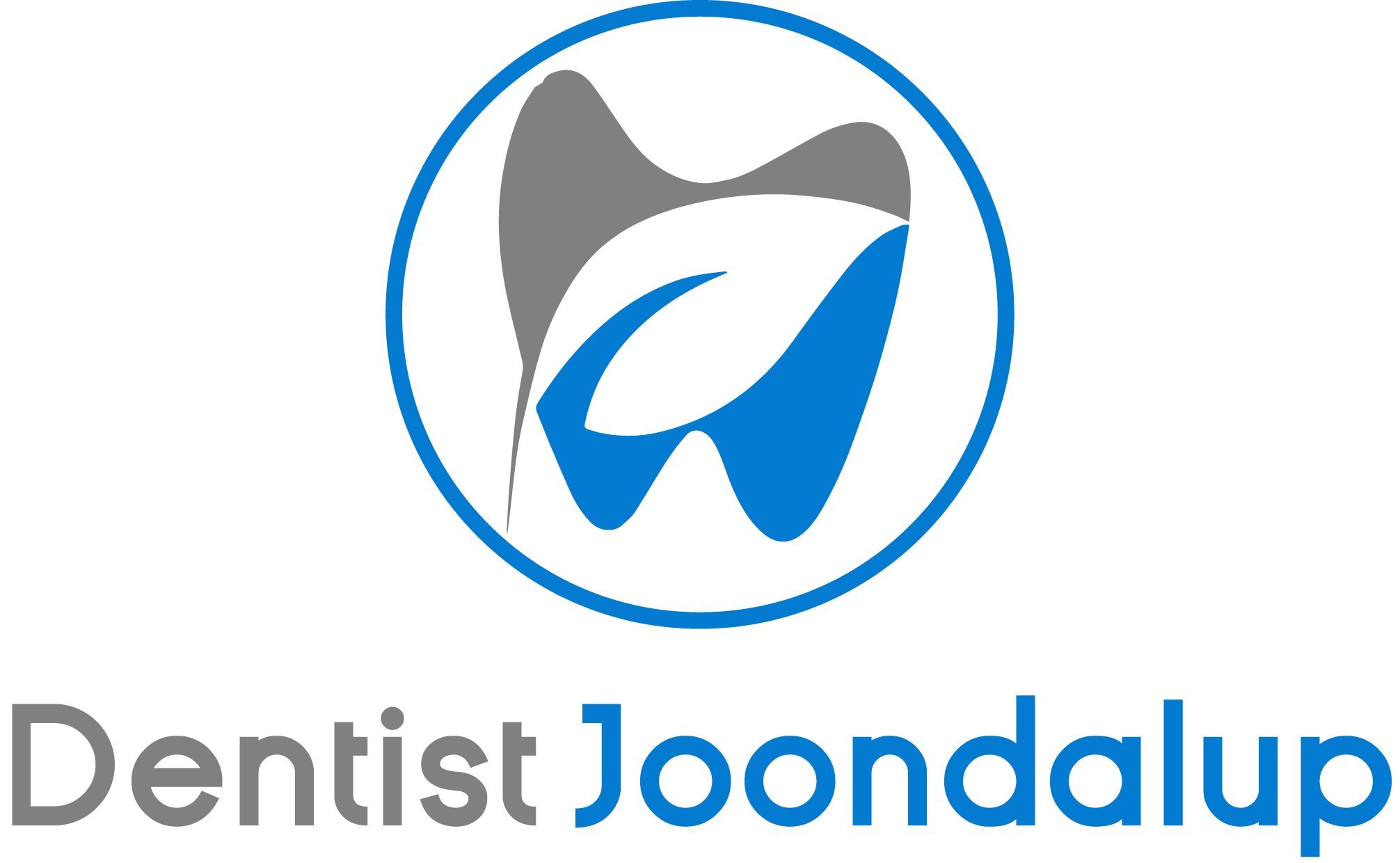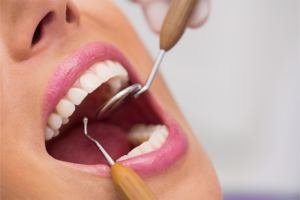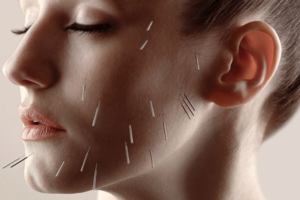The average person has a story to tell about an experience with dental pain in some form. Due to the effects this can have on people, medical professionals often prescribe medicines to ease the pain. But these days, more and more are looking for alternative solutions like acupuncture.
Pain
It could be because of a toothache or some nerves in the area but you are somewhat familiar with that feeling. The pain can be overpowering.
You feel that sharp, piercing sensation in your mouth and it has the potential to ruin your day. Or week. It depends on the source and reason for the discomfort that you feel.
It may come from such a small place in your body, but the effects can be devastating.
First, it can prevent you from eating or drinking. Naturally, without proper sustenance, you will not have enough fuel to do your daily activities. You will not be efficient at your work.
Second, the pain itself can sometimes be so severe you can’t even get up from bed. Such discomfort can lead to headaches and other body pains.
Third, such kinds of pain go beyond the physical. When experienced for prolonged periods, it can affect one’s mental health as well.
Need for alternatives
It is typical to feel discomfort while waiting for an appointment with the dentist for a toothache. Such aches are often caused by a damaged filling or a crown that has fallen out.
Because of this, dentists and doctors often prescribe medicines to manage the pain. They often give non-narcotic analgesics like aspirin, ibuprofen, and mefenamic acid. Others,
meanwhile, prescribe narcotics like tramadol. You may be familiar with these popular medicines.
The problem with these interventions is that they come with side effects. These include:
- Dizziness
- Constipation
- Indigestion
- Itchiness
- Sweating
- Sleep disorders
- Rashes
- Liver damage
- Addiction
In recent years, we have been more conscious of what we put inside our bodies. You may have observed the increasing popularity of organic food. More people are also becoming vegan or vegetarian.
This is not only a result of fads. Now, more research and data have become available. Thus, we are now becoming increasingly aware that our overall wellness matters. In fact, the buzzwords we often hear these days are “holistic”, “integrative”, and “self-care”.
Further, now more than ever, we are aware that synthetic drugs are not always good for us.
This is why many turn to alternative medicine and therapy. One of the top reasons for this is the emphasis on a healthy lifestyle. While modern medicine is often associated with cures, integrative methods focus on prevention.
Also, these practices treat the individual as a whole person. What this means is that even if only one part of the body has an issue, you address more than that specific part. Thus, even if the pain is already treated, you still need to rethink why it happened in the first place. So you need to factor in your food, sleep, and habits.
Acupuncture
An example of alternative therapy is acupuncture.
What is it? Acupuncture is a form of traditional medicine that originated and developed in China. It is supposed to help your body heal itself. Although some people regard it as pseudoscience, many also attest to its effectiveness.
In this procedure, the acupuncturist inserts thin needles at certain points on the surface of the body. The needles target “acupuncture points”.
With proper technique, the method elicits a therapeutic response from the body. The medical community regards acupuncture as a safe, natural, and low-cost treatment option.
The Geneva World Health Organization 2003 Report also lists it as an effective treatment for dental, facial, and post-operative pain.
Studies have shown that acupuncture can help with toothache and dental pain management.
- The procedure stimulates the nerves in the area and leads to the release of endorphins. These groups of peptides reduce pain and discomfort. Endorphins increase your sense of well-being and pleasure.
- It sends a signal to your brain that affects its perception of pain.
- Acupuncture actively reduces inflammation
- The alternative therapy encourages microcirculation in the affected areas. This disperses swelling.
Acupuncture helps ease the following pain in the mouth area:
- Jaw pain
- Lockjaw
- Dry mouth
- Tension as a result of grinding teeth
Patients also find it beneficial to come in and have an acupuncture treatment immediately before their dentist appointment. It reduces anxiety. This therapy also has positive effects on pain and bleeding during and after a dental operation.
Acupuncture may also aid in the reduction of a person’s gag reflex, which can be readily activated during orthodontic device fittings.
Such therapy also reduces dental anxiety. It helps patients feel more comfortable during a dental visit. As a result, they experience less discomfort during and after a dental operation.
In addition to toothache, people regard the traditional form of therapy as effective in addressing other illnesses. If you are suffering from common issues like headache and back pain, try to go and see an acupuncturist.
The Chinese therapy also helps with carpal tunnel syndrome, menstrual cramps, and even fibromyalgia and osteoarthritis.
Conclusion
Toothache can be a burden. Although there are medicines available to manage your discomfort, these can cause side effects.
Acupuncture is an accepted traditional therapy that can help in this regard. When done by a professional who has undergone proper training, it can be a natural alternative.
But, you must always seek the advice of medical professionals. Before deciding on alternative methods, your attending physician or dentist must know about them. They have your best interests at heart and would know best how to proceed.



